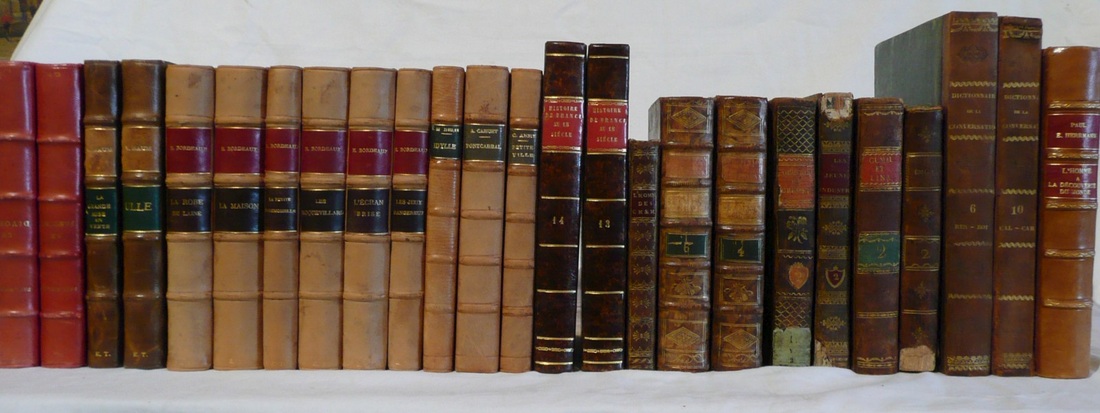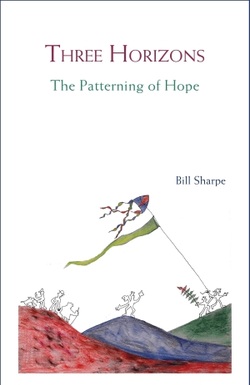Creative Integrity
This extract from Three Horizons by Bill Sharpe looks at creativity and change through the 'wrong' end of the telescope... "We can call the practice by which we integrate the new into the renewal of the patterns of life creative integrity – the making of wholeness. To understand this properly we must reverse our habit of mind of seeing a world of stable things to which something mysterious called ‘change’ happens, and of seeing creativity as an occasional accomplishment. As we explored in the previous section, we need to do a figure-ground reversal to view the world as continuously producing newness, within which we create patterns of relative stability. Creative integrity is the process that all life constantly engages in to maintain its coherent identity – its integral wholeness – within the surrounding processes of collective life. It is the stability of the skier going down the slope adjusting balance moment by moment, of the whirlpool in the stream as water flows through it, or a life just staying alive. When a novelist sits down to write a book, when someone we like agrees to go out with us, or we make plans to go on holiday, some parts of the outcome are well defined by familiar patterns of expectation – the publisher wants the manuscript promised by a certain date, we buy tickets for a show, and we make all the bookings for our holiday, but that is only half the story. The other half is the story. The story told by the writer, the developing relationship, the pleasures and disappointments of the holiday could not even in principle have been defined in advance, and nor would we expect or want them to be. If life were completely known and defined in advance there would be no point in living it, and in fact it could not be lived at all. We inhabit a universe that is always revealing new possibilities that have not been lived before, or old possibilities that have not been lived by us in our unique way before, and to be alive is to meet those possibilities in creative ways, renewing the familiar in our own way, and making our own part of the new together with others. In choosing how to be in each moment we express our creative integrity with respect to the potential of life – we renew the patterns in ways that only we can. Each of us has to live a unique life and give it expression through the shared world that we enter. We each have to bring the possibilities and demands of being-for-ourselves together with those of being-with-others who are constantly experiencing their own dynamic choices. At any moment we can live and work within the established first horizon, or seek to bring about a change by standing out for the new in the second or third. We express our creative integrity in the choices we make every day towards the three horizons and whether our own sense of being human can be expressed through the familiar first horizon patterns of everyday life or demands that we assert the transformational possibilities of the third and accept the hazards of attempting to realise them with second horizon action. In this sense each one of us is a poet, an artist, a maker – making our own life. Creativity is not the exclusive preserve of those people we think of as visionary leaders, artists or others whom we especially celebrate for their creativity, nor is it limited to the second and third horizon entrepreneurs and pioneers. The Three Horizons approach enables us to recognise where the patterns of our lives are enabling us all to live creatively and where they are failing to do so to the full extent possible. It is this failure that we experience as a losing of ‘fitness for purpose’ in the present pattern and as a need to move on. Then, indeed, the first horizon is experienced as a constraint on our human creativity and the situation demands that we use that creativity to bring a new order into existence. We will need to come together with all those who have something to offer for the third horizon, and pool our creative purposes to bring it about. This will involve the skills of the settlers as well as the pioneers." References: Three Horizons - Bill Sharpe |
Explore |


